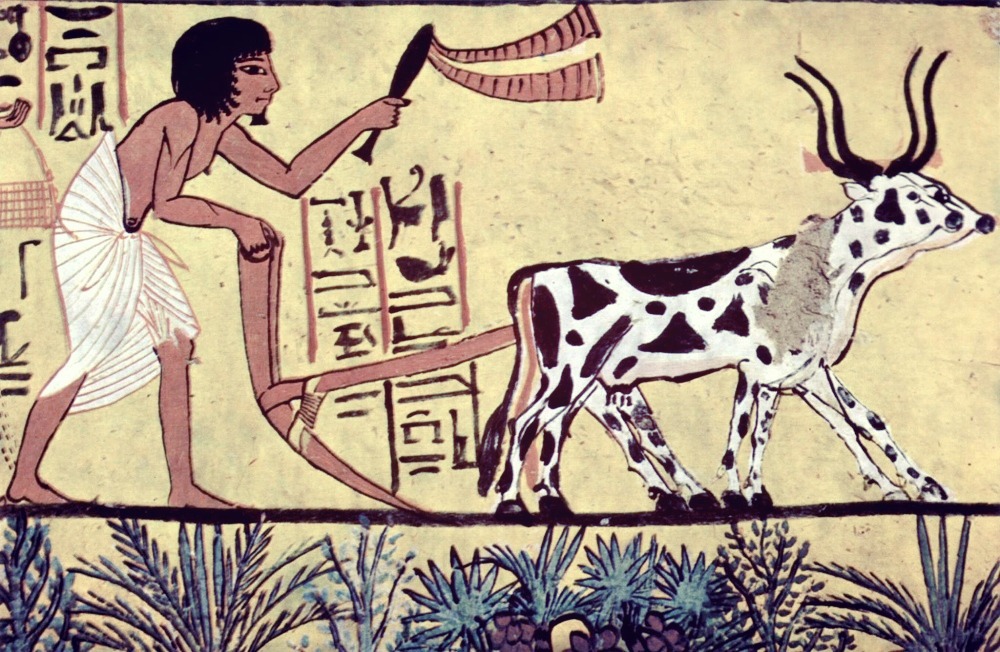The agriculture industry has steadily become the apple of mainstream media’s eye, with all the talk about the organic food movement. There has been renewed interest by the general populace towards the ins and outs of the industry, and how it goes about bringing their meal to the plate. The appeal has spiked attention in every sphere, with some dismissing it as a fad. In reality, though, the organic movement seed was sown decades ago and has been sprouting since.
The organic journey through time
First contact
The first farmers had nothing but nature to count to grow their crops, so they can be called organic farmers. Things changed once the industrial revolution took place, and people started living in cities. There was a need to produce a lot with as little effort and resources as possible to feed the growing population. Advances in science led to infrastructure projects such as canals and dams, as well as synthetic fertilizers. The first was nitrogen fertilizer made in the mid-19th century and made affordable during the early 20th century due to advances achieved in manufacturing during wartime. Mechanization also entered with fossil fuel powered tractors replacing farm animals. Thus farming got industrialized, and the problems followed.
Cleaning up the act
The pollution perils of industrialized farming with artificial substances soon became apparent, prompting the likes British botanist Sir Albert Howard and his plant physiologist wife Gabrielle (work period: 1905 to 1924), German Rudolf Steiner, American agronomist F.H.King to conduct research and create awareness about conscious natural farming. Native methods were studied in places like India and Central Europe, were concluded to be superior in maintaining the essential ecological balance. The knowledge they gathered and presented became the foundation for the shift towards organic farming: Sir Albert with his 1940 book An Agricultural Testament and Steiner’s system biodynamic development lectures in Europe, King with his 1911 Farmers of Forty Centuries Lord Northbourne was the first to coin the term Organic Farming in his 1940 published book Look to the Land.
The Canadian course
Canada’s tryst with organic farming started in the 1950s, with the advent of relevant works and experts entering the country. The Canadian Organic Soil Association (later: Land Fellowship) by filmmaker Christopher Chapman was the first official dedicated organization. His two documentaries and lecture tours in the 60s by the likes of Spencer Cheshire led to growth and strengthening of many organic farms. The 70’s saw establishment of many organizations which successfully got the word out and even lobbied relevant Government departments for greater attention and support to the cause. Academia also started to get involved, and altogether in the 80s, there were courses, surveys, and reports, government support, R&D, etc. happening in the organic farming sphere, which continues today in greater earnest.
Canada has played and continues to play a major role in the organic farming movement, working to usher in a new age of sustainability while maintaining its legacy and it will definitely be successful in the near future.
